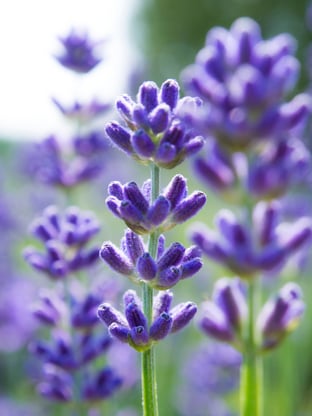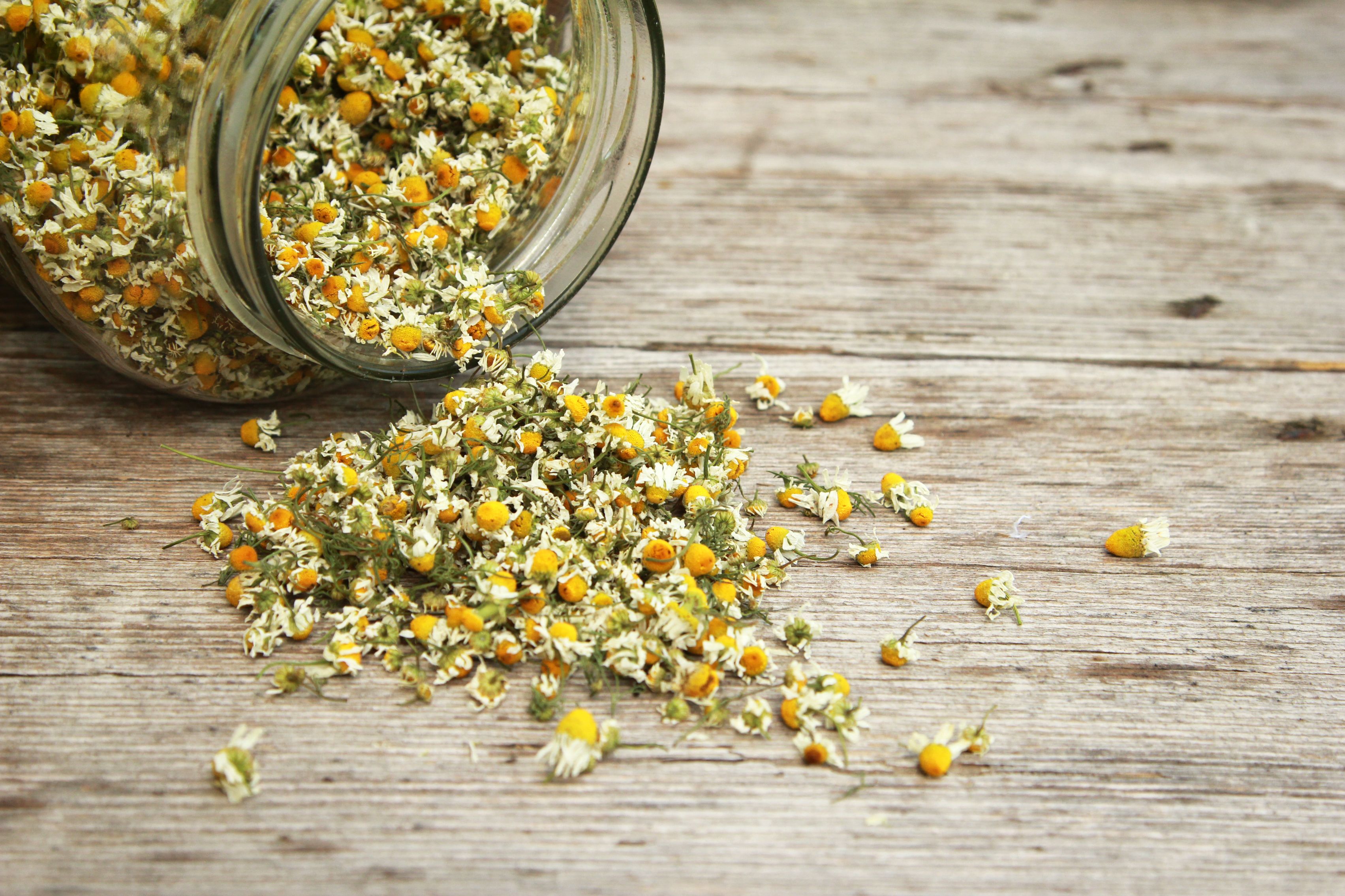“I was a little excited but mostly blorft. 'Blorft' is an adjective I just made up that means 'Completely overwhelmed but proceeding as if everything is fine and reacting to the stress with the torpor of a possum.' I have been blorft every day for the past seven years.” ~Tina Fey, Bossypants
Stress has become the new status quo for many people and even entire populations.
Handling daily fatigue is naturally a huge concern. The skyrocketing number of prescriptions for anti-anxiety medications like Xanax is a strong indicator; so is the massive spike in cases of anti-anxiety prescription abuse (7,900 in 2003 to nearly 59,000 in 2012).
Estimated reading time: 4 minutes
Heartmanity is proud to partner with outstanding companies that we wholeheartedly recommend, so this post may contain affiliate links. This helps keep our content free for you! You can read our full disclosure here.
Best Essential Oil for Anxiety: How to Combat Stress and Anxiety Naturally with Essential Oils
Naturally handling stress—using plant-based natural remedies to decrease anxiety—is a powerful tool. Essential oils that are naturally calming make a wonderful way to cope with stress while maintaining a holistic lifestyle.
What are essential oils and how can they ease stress?
According to DoTerra, one of the preeminent oil-makers internationally, essential oils are “naturally occurring, volatile aromatic compounds are found in the seeds, bark, stems, roots, flowers, and other parts of plants.” They are the scents we find in nature, and when extracted and bottled, they can be used for food, health, skincare...and natural soothing relief.
Why Are Essential Oils So Effective?
The same oil producer continues: “The physical and chemical properties of the volatile aromatic compounds that compose essential oils allow them to quickly move through the air and directly interact with the olfactory sensors in the nose. Such unique properties make essential oils ideal for applications inclusion in aromatherapy – using these compounds from plants to help maintain a healthy mind and body.”
Fast evaporation and multifaceted use make oils an ideal way—fast, natural, and inexpensive—to ease fatigue (or blorft, as Tina Fey dubbed it).
In addition to our blog on 7 Effective Ways to Naturally Handle Anxiety, here are the best essential oils to assist you with four easy ways to cope with stress.
Various Essential Oils and Their Purposes
Rub Roman Chamomile to Calm
Apply two drops of Roman Chamomile on your temples or the back of your neck and gently rub the oil in. This relaxing oil can calm nerves before a stressful situation or help relax you for sleep.
Think of the calming sensation of chamomile tea, but more condensed and applied directly to tense areas. For a relaxing blend, mix the chamomile with oils like lavender, rose, or geranium.
Lavender Oil for Relaxation
 The essential oil lavender is possibly the most universally-calming oil. Even people who have little experience with natural oils, or even resistance to holistic remedies, are usually drawn to lavender. Beyond its soothing and floral scent, the oil has proven effects for the mind. One study of patients’ EEG patterns after inhaling lavender oil showed an interesting anomaly. Their brains seemed to be in a state of drowsiness or relaxation, but the subjects were able to solve math equations faster and more accurately than the control group without lavender.
The essential oil lavender is possibly the most universally-calming oil. Even people who have little experience with natural oils, or even resistance to holistic remedies, are usually drawn to lavender. Beyond its soothing and floral scent, the oil has proven effects for the mind. One study of patients’ EEG patterns after inhaling lavender oil showed an interesting anomaly. Their brains seemed to be in a state of drowsiness or relaxation, but the subjects were able to solve math equations faster and more accurately than the control group without lavender.
The conclusion is that lavender relaxes you but keeps your brain alert. Fighting anxiety without completely numbing the brain is a result many pharmaceutical medications are still struggling to pin down.
To use lavender, apply it to temples or the back of the neck topically. Rub a drop in between your palms, close your eyes, and take a few deep breaths with your palms a few inches from your face. Or, drop a few drops of lavender into your diffuser, especially during a stressful time or before sleep.
Ylang Ylang Essential Oil to Calm and Inspire
It may not be one of the go-to oils for relaxation, but ylang ylang can actually reduce tension by increasing circulation and stimulating focused energy. Ylang Ylang, with its tropical and spicy aroma, is known as a natural aphrodisiac.
Best used in small amounts and possibly blended with oils like bergamot or sandalwood, the oil can be applied to the neck, feet, or wrists (WellBeing Magazine has more great tips).
Use ylang ylang oil when you’re feeling blocked or trapped and need an uplift to handle whatever uneasiness is building.
AromaTouch Oils and Technique
DoTerra Essential Oils has developed special blends and massage techniques to handle stress specifically. The eponymous oil blend, AromaTouch, has a cooling effect on the skin and a calming scent of basil, grapefruit, peppermint, and lavender. In addition to this oil, DoTerra recommends using oils like OnGuard, Lavender, Balance and Deep Blue for AromaTouch massages.
Using essential oils to massage the neck, shoulders, back, and feet is extremely soothing.
If you are distressed in your life or struggling to relax, essential oils can be a quick and natural remedy. Oils are easy to travel with, use discreetly at work, and keep around the home, making them a quick go-to whenever or wherever those inevitable stressors arise.
Every person will have a different experience, so test a few and find your most calming oil or method.
Whether using oils topically in a diffuser or applied with massage—breathe deeply to feel your body and mind naturally relax.
Try natural remedies and test their effects yourself.
For the best diffusers, we recommend Organic Aromas.
* None of the statements in this blog have been evaluated by the Food and Drug Administration. None of the above recommendations are intended to diagnose, treat, cure, or prevent any condition or disease. Essential oils are naturally produced substances that can assist the body in its own healing process, but we make no claims whatsoever. Use with moderation and discretion.













